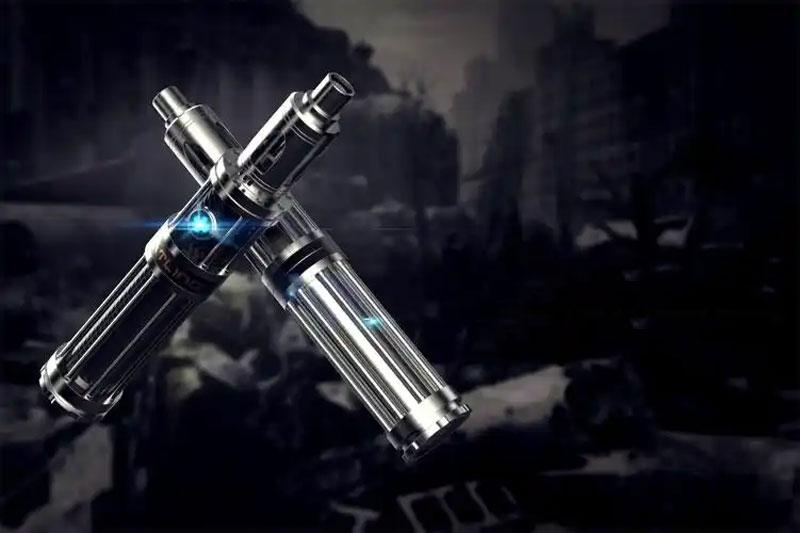The electronic cigarette industry in Indonesia has experienced significant growth over recent years, driven largely by changing regulations and growing consumer interest. Understanding Indonesia’s intricate e-cigarette import regulations is essential for businesses aiming to tap into this dynamic market. Navigating these import rules involves comprehending the trade laws, labeling requirements, and governmental decrees that govern the country’s e-cigarette market.
Indonesia’s Regulatory Framework for E-Cigarette Imports
E-cigarette importers in Indonesia are required to adhere to specific regulations established by the Ministry of Trade. Key aspects include ensuring that products are compliant with national health standards and obtaining necessary import licenses. Importers must follow labeling regulations, such as including health warning labels prominently displayed on packaging, which are mandatory to protect consumers’ health.
Licensing Requirements
To engage in the importation of e-cigarettes into Indonesia, companies must acquire the appropriate licensing. An essential component involves the Importer Identification Number, known as API. Without this, import activities cannot legally take place. Additionally, businesses might need to secure additional certifications depending on the product specifications and intended distribution channels.
Compliance with Health and Safety Standards
The health and safety standards in Indonesia are relatively stringent to safeguard public health against potential harms posed by e-cigarettes. This includes compliance with the Indonesian National Standard (SNI), which sets benchmarks for product quality and safety. Products failing to meet these standards are subject to rejection and penalties.
Impact of Tariffs and Taxes on E-Cigarette Imports

The tariff structure is another critical element influencing e-cigarette imports in Indonesia. Import duties are calculated based on the product’s classification and value, impacting the overall cost for importers significantly. The government levies specific taxes designed to limit usage and include excise duties aimed at controlling public health outcomes.
Pricing Strategies for Imported Products
Importers need effective pricing strategies to cover taxes and tariff costs while remaining competitive in the Indonesian market. This requires a thorough market analysis to understand consumer behavior and potential pricing models that balance profitability with compliance.
Future Trends and Opportunities
The e-cigarette market in Indonesia promises several opportunities, driven by shifting consumer preferences and increased health awareness. As the government continues to refine regulations, new importation and distribution channels may arise, offering avenues for growth and investment.

The Role of Digital Platforms
E-commerce platforms are increasingly pivotal in reaching tech-savvy consumers who prefer convenient access to e-cigarette products. Leveraging online marketing strategies can significantly enhance visibility and sales for imported brands.
Frequently Asked Questions
What are the main challenges of importing e-cigarettes into Indonesia?
The primary challenges include navigating complex regulations, securing appropriate licenses, and managing tariffs and taxes. Additionally, aligning products with health and safety standards is crucial.
How can businesses ensure compliance with Indonesian e-cigarette import regulations?
Businesses can ensure compliance by closely following guidelines set by relevant Indonesian agencies, investing in proper labeling, and staying informed about changes in regulations.
Where can I find updates on Indonesia’s e-cigarette laws?
For updates, regularly consult the Ministry of Trade website, industry news platforms, and legal advisories that provide insights into regulatory changes. Keeping abreast of news will ensure adherence to the latest legislation.



